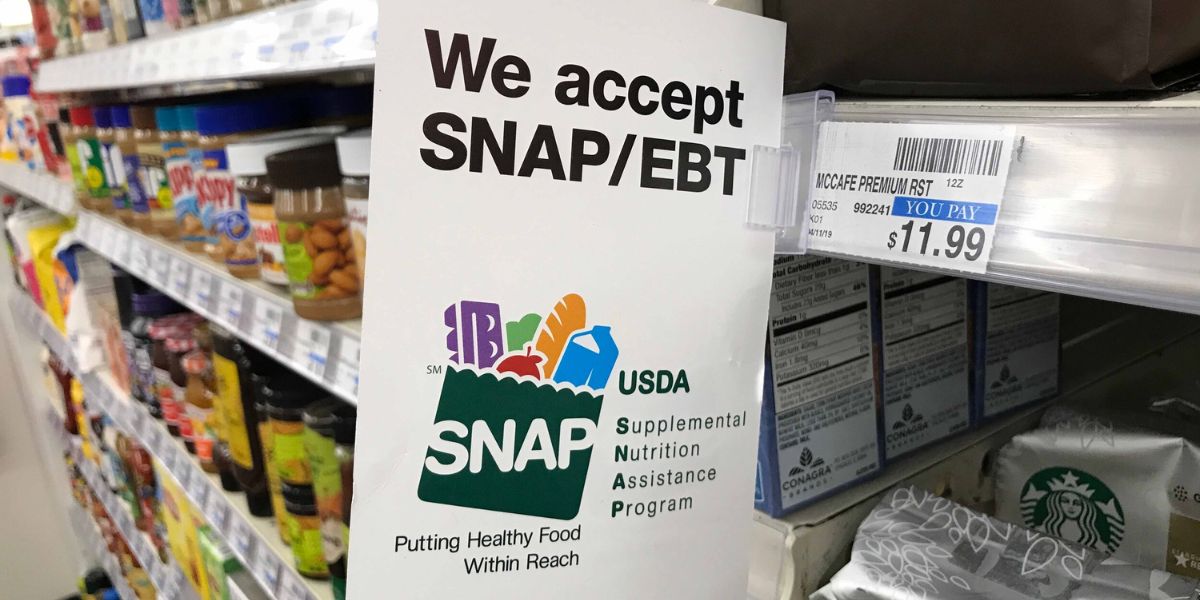Food banks worry that thousands of Pennsylvanians would go hungry if the budget bill that is currently in the U.S. Senate is approved.
Almost 2 million Pennsylvanians rely on the Supplemental Nutrition Assistance Program to put food on the table.
“For every meal the food bank provides, SNAP provides nine meals,” Jennifer Miller, CEO of the Westmoreland Food Bank stated.
The secretaries of the Pennsylvania Departments of Agriculture and Human Services convened with leaders of Feed Pennsylvania and the Westmoreland Food Bank to explore the potential effects of planned federal changes on the state’s most disadvantaged citizens.
According to them, the House-passed reconciliation package would reduce SNAP funding by almost $300 billion through 2034.
“We have existing work requirements in SNAP, but this bill would make them more strict. And as a result, we believe at least 140,000 Pennsylvanians could lose access to food assistance that helps people be healthy enough to go to work in the first place,” Pennsylvania Department of Health and Human Services Secretary Val Arkoosh stated.
Food banks worry that the number of people waiting in line for food will significantly increase.
“We are not equipped to absorb the massive demand that would result from reduced access to federal nutrition programs. Food banks cannot replace the scale, the reach and the stability of the SNAP program,” Miller stated.
“If enacted, these cuts would eliminate more meals per year distributed by the entire charitable food network in this country,” Julie Bancroft, CEO of Feeding Pennsylvania stated.
Farm families would also be impacted by the loss of SNAP funds, according to State Agriculture Secretary Russell Redding.
Read Also: CDC Urges Measles Vaccination Ahead of International Travel Amid Global Outbreaks
“Roughly 25 cents of every grocery dollar spent goes straight back to the farm, 25 cents for every dollar for food purchased at the grocery store,” Redding stated.
According to Arkoosh, the state would lose more than $1 billion a year as a result of the planned changes.
“The result would be devastating for Pennsylvania families and for our economy,” Arkoosh stated.
However, many others think the battle is far from done.
“You all have a role in contacting your senators, your congressperson, letting them know how this impacts our commnity, our neighbors, our friends,” Westmoreland County Commissioner Ted Kopas stated.






